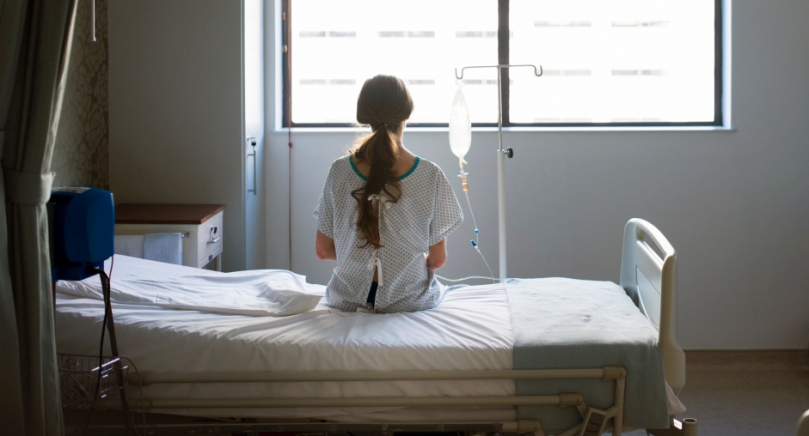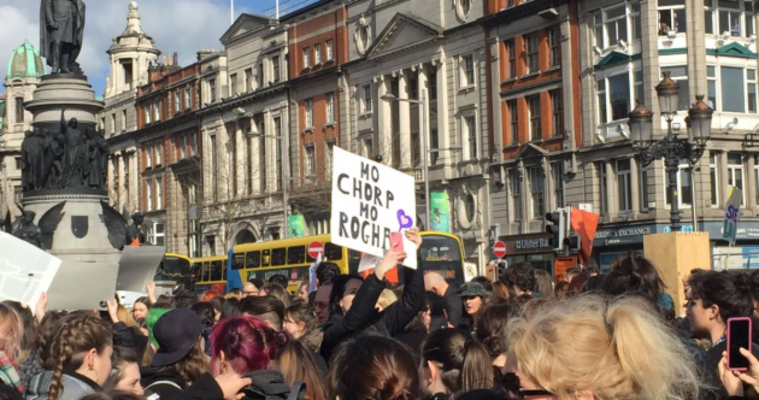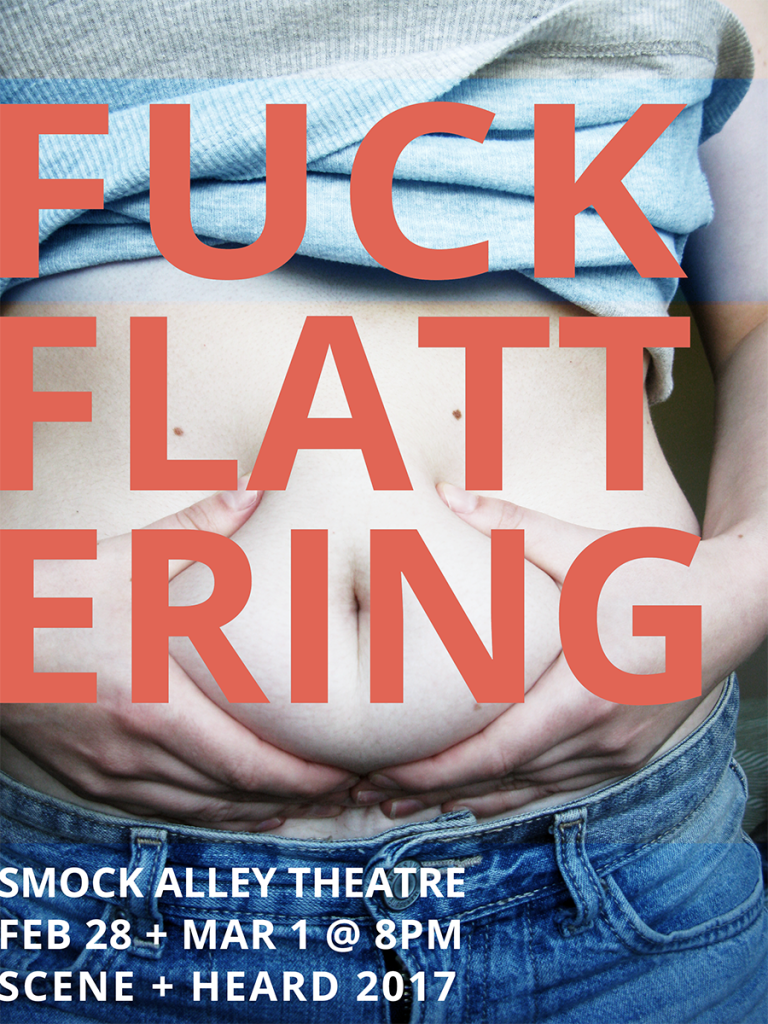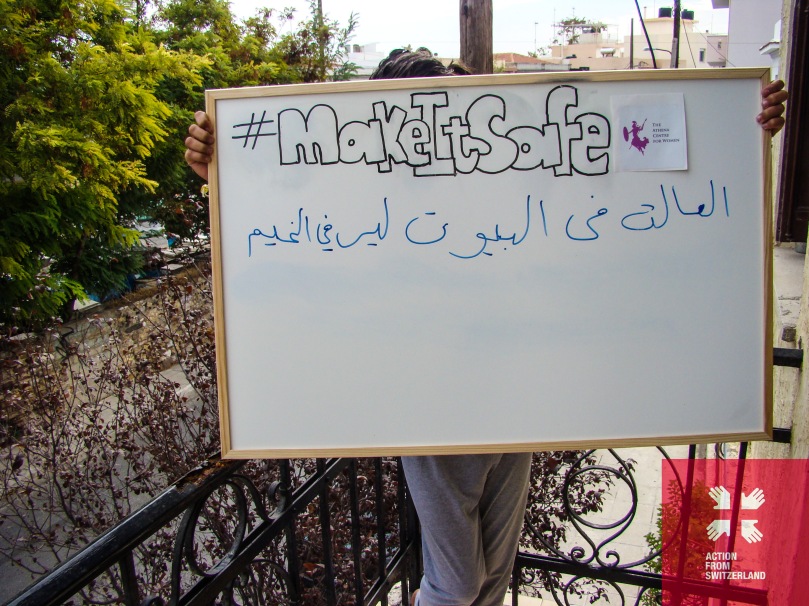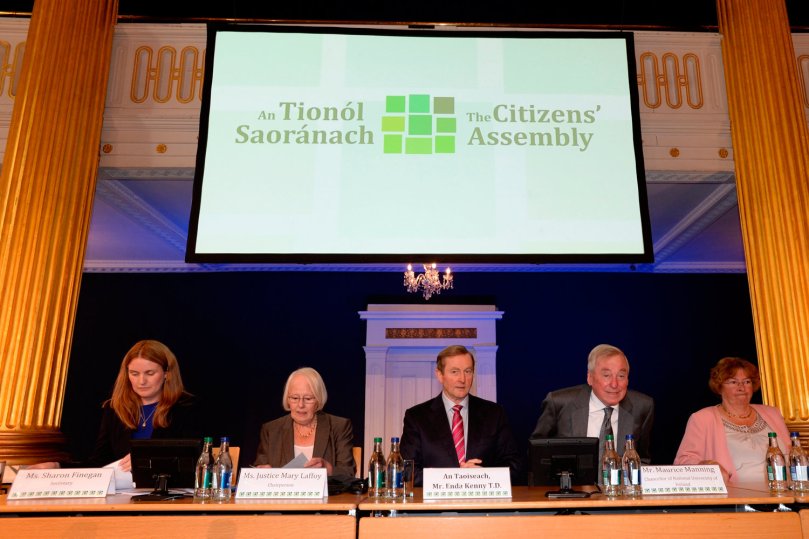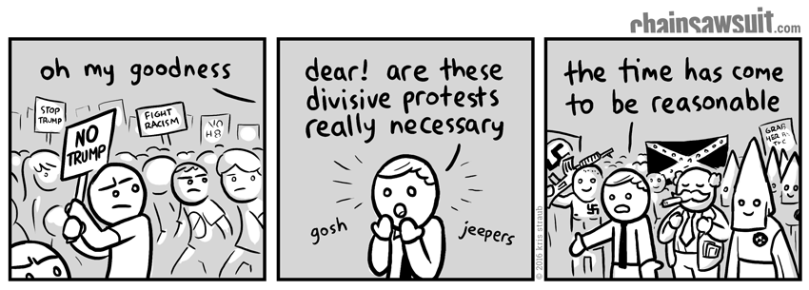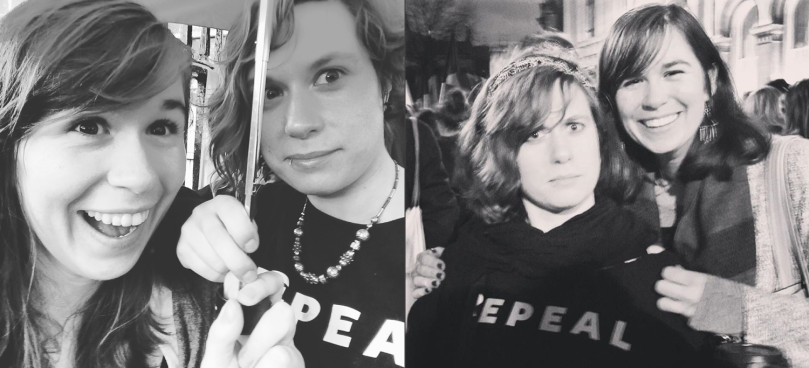
The essay below was written by my sister, Lara Cassidy. She came to me for editing help, we worked on it together and then I offered to publish it here, because I stand by it and I want as many people as possible to read it. I admire her clear-headed approach to this issue and I think it may be helpful to voters who are still undecided on how will they will cast their ballot on Friday.
– Marianne
Dear friends, family and acquaintances. Maybe you already know how you’re voting on Friday. Maybe you’re undecided or maybe you don’t intend to vote at all. Wherever you stand, I wanted to ask you one last time to consider what this vote means for us, both as individuals and as a nation.
First off, I want to acknowledge that this referendum is not just a medical or legal dilemma. Emotions are running high, no matter where you stand on abortion. And that’s ok. Birth, life, death: these are emotional issues, and it’s important to acknowledge that. The debate around this referendum has asked us to interrogate our core values. It has asked us what guides the decisions we make and what decisions we would allow others to make. It asks what we believe we owe each other and the society we live in. It has asked many of us to question what we believe to be our own inalienable rights and freedoms.
This is the question at the heart of the debate: does one human’s right to life trump another’s right to bodily autonomy?
I believe the majority of people on both sides of the debate would agree that both rights – the right to bodily autonomy and the right to life – are sacrosanct and central to human dignity. In the vast majority of cases, people are contentedly both pro-life (do no harm to your fellow humans either directly or indirectly) and pro-choice (my body is mine to do with as I wish).
Pregnancy is a unique physical relationship between two humans. Only fifty percent of the human population have the potential to experience it, and there is no easy analogy to explain it to those who can’t. Pregnancy is also one of the only spheres where these two basic human rights regularly come into direct conflict: when one human life cannot sustain itself without the body of another, which right takes precedence? And more importantly, should that precedence vary on a situational basis or be subject to a blanket rule?

